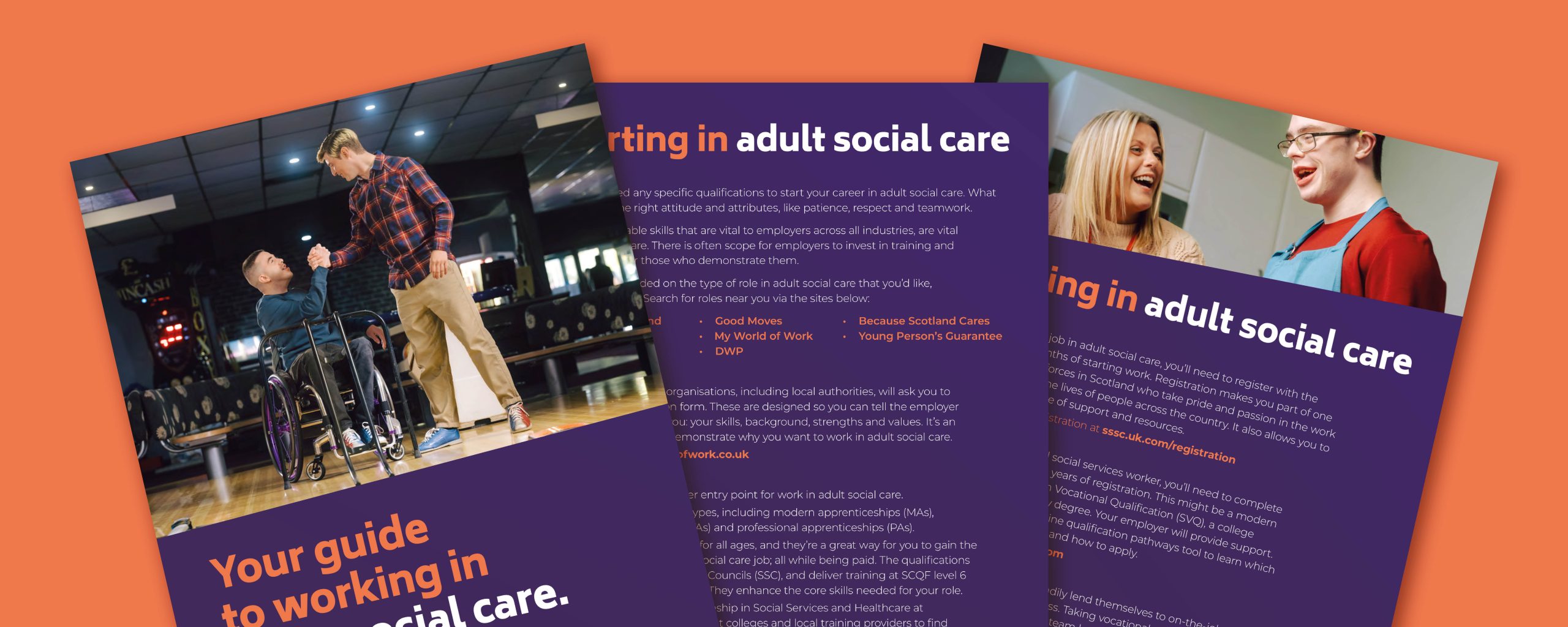Why should I consider a part-time job in adult social care?
A part-time job in adult social care can make a huge difference to people’s lives, including yours. It’s the endless variety that makes it so rewarding. After all, no two people are the same, and neither are the days spent working with them. The opportunity to learn and earn in a positive and highly social environment is another big plus. There’s also lots of flexibility too. There is a possibility that you could find a job that allows you to work around your study commitments. The experience will also look really good on your CV and enhance your career prospects on graduation. Who knows, along the way you may decide that adult social care is the perfect career for you.
Will care work fit around my studies?
There is plenty of potential for flexibility in the adult social care sector. Whether it’s evening shifts, weekend working or a part-time rota, you’re likely to find the roles you need that won’t impinge on your studying. It’s the best of both worlds.
What skills do I need to be a care worker?
You don’t need any specific qualifications to work in adult social care. What you do need are the right attitude and personal qualities, like patience, respect and compassion. If these values are important to you then you might just be a natural care worker.
What transferrable skills could I learn as a care worker?
There’s no doubt that spending time with people of all ages and experiences will develop your social and interpersonal skills. You will gain a deeper understanding of life, become a great listener and carry those skills with you in your life and future career.
Additionally, you might gain some qualifications such as First Aid or Food Hygiene which you could add to your CV to impress future employers.
How to find a part-time job in care
You can search for part-time adult social care job vacancies in your area on sites such as MyJobScotland. We would suggest looking for Support Worker or Care Assistant roles first, but you may find other roles with slightly different titles. Some entry-level jobs in adult social care don’t require qualifications but positions with more responsibility will. However, your own lived experience and certain transferable skills will help greatly in getting you started. The best way to figure out if a role might be right for you is to look at the job description for each post, including the list of skills and experience required. Some posts will require some experience in a similar role, but many employers will hire you based on your personal qualities and commitment to the job.
And remember, preparation is key. Come to your job hunt with a polished, up-to-date CV and a positive attitude. It can also be useful to spend some time in advance thinking about potential interview questions and how you might demonstrate that you have the skills and qualities needed to work in social care.
“I’ve always wanted to study medicine but wanted to gain some relevant experience before I go to university and it’s been such a great decision.” “

Download your guide to careers in adult social care
Our guide has all the info you need to begin a rewarding career in adult social care.

